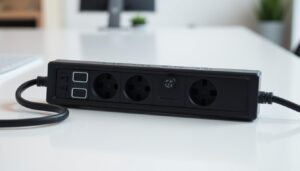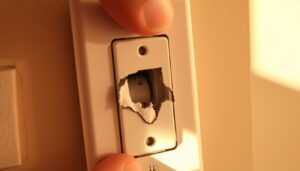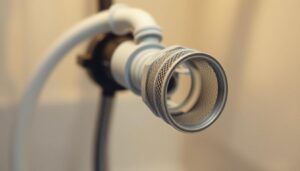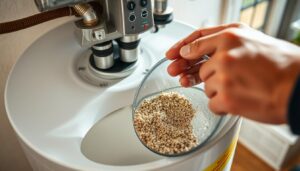Your Guide to Fitting a Surge-Protected Extension Spur
Are you aware of the risks that power surges pose to your valuable electronic devices and appliances at home? A…
🕒 7 min read
Read More →





